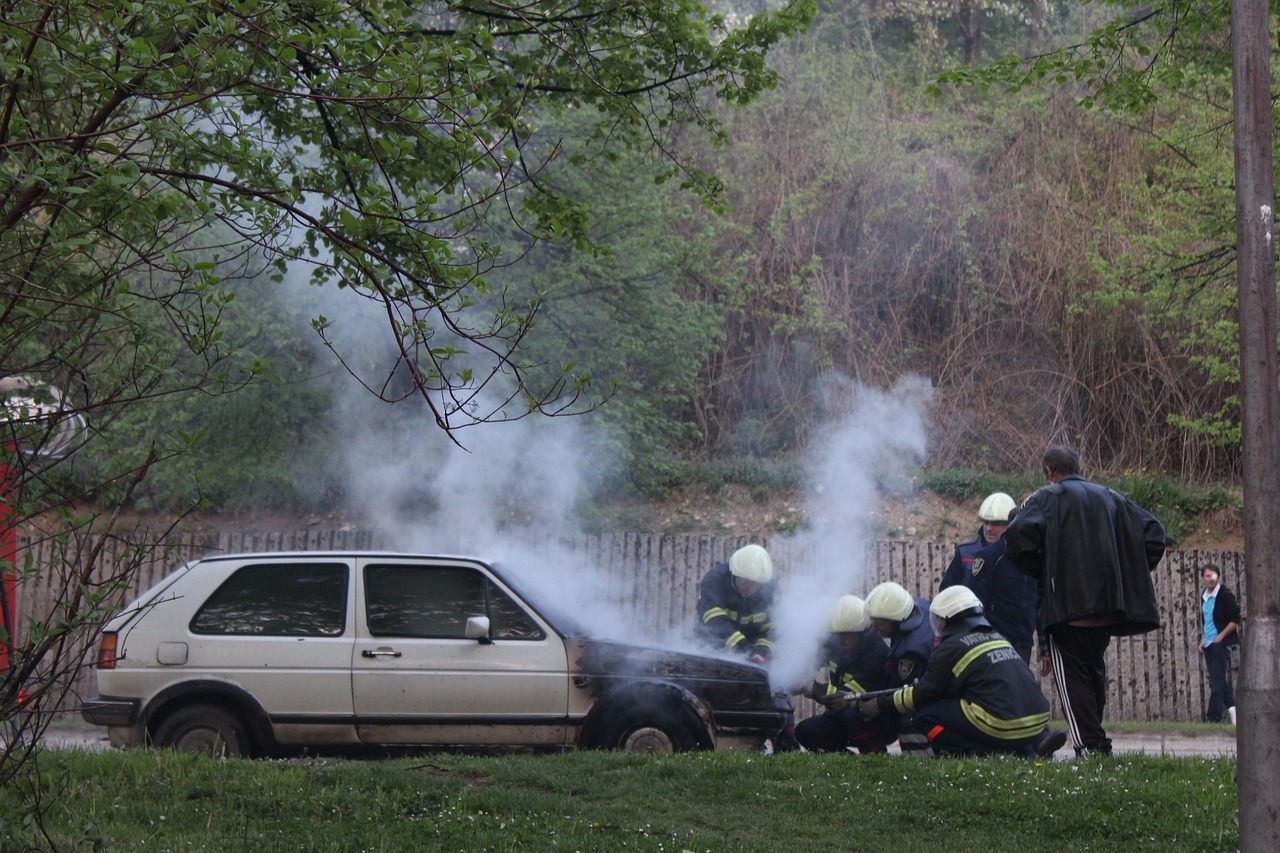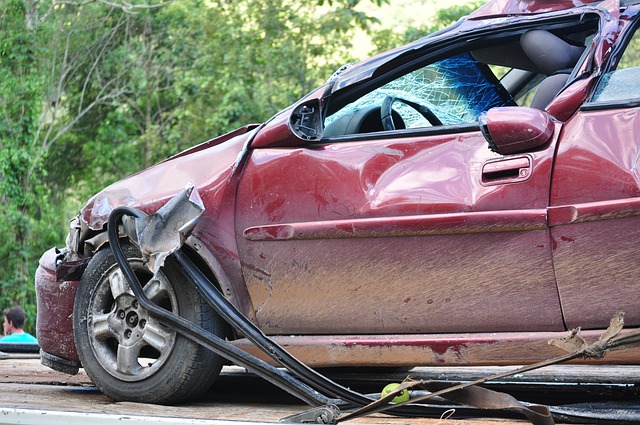Car accidents can be life-changing events, bringing physical, emotional, and financial challenges. Navigating the evaluation process of a car accident case can feel daunting, especially when you’re trying to recover from injuries or repair your vehicle. Being informed about the steps involved and the critical aspects of a car accident case can help protect your rights and ensure you receive fair compensation. Here’s an in-depth guide to understanding the process.
1. Immediate Actions Post-Accident
The moments immediately following an accident are crucial for laying the groundwork for your case. Here’s what to do:
- Ensure Safety First: Check yourself and others for injuries. Move vehicles out of traffic if it’s safe to do so. Call 911 to report the accident and request medical assistance if needed.
- Document the Scene: Use your smartphone to take photos or videos of the vehicles, license plates, skid marks, road signs, traffic lights, and any property damage. Close-up and wide-angle shots provide valuable evidence.
- Exchange Information: Collect the names, addresses, phone numbers, insurance details, and driver’s license numbers of all involved drivers. If there are passengers, gather their contact information too.
- Witness Information: Speak with witnesses and ask for their names and contact details. Their accounts can be instrumental in determining fault.
- Avoid Admitting Fault: Even if you believe you made a mistake, don’t admit fault at the scene. Fault determination involves a thorough investigation of the evidence, and premature admissions can harm your case.
2. Gathering Evidence
Strong evidence is the foundation of any successful car accident claim. Without it, your case may lack the credibility needed to prove fault or justify compensation. Key elements to collect include:
- Police Reports: Officers investigating the accident typically file a report detailing their findings. Request a copy, as it often carries significant weight in determining fault.
- Photographic Evidence: Photos and videos of the scene can provide visual proof of damage, injuries, and environmental conditions like weather or lighting.
- Medical Records: Keep all documents related to your injuries, including diagnosis, treatment plans, prescriptions, and bills. This information proves the extent of your injuries and associated costs.
- Repair Estimates: Obtain multiple estimates from certified mechanics to document the cost of vehicle repairs. Keep all receipts for towing, temporary transportation, or other related expenses.
- Dashcam Footage: If available, dashcam recordings can offer unbiased accounts of how the accident occurred.
3. Understanding Fault and Liability
Fault and liability are central to any car accident claim. While insurance companies often play a role in determining fault, other factors come into play:
- Negligence Laws: Drivers are expected to exercise reasonable care on the road. Failure to do so constitutes negligence. For example, running a red light, texting while driving, or speeding can make a driver liable.
- Comparative Fault: In some states, fault is shared between parties. If you’re partially at fault, your compensation might be reduced by your percentage of fault.
- No-Fault States: In no-fault states, your insurance covers medical bills and lost wages regardless of who caused the accident. However, you may need to prove severe injury to file a lawsuit against the at-fault driver.
4. Legal Obligations and Reporting
Failing to fulfill legal obligations after an accident can have serious consequences:
- Reporting Requirements: Most states require drivers to report accidents involving injuries, fatalities, or property damage exceeding a specific dollar amount. Filing a report ensures an official record of the incident.
- Hit-and-Run Consequences: Leaving the scene without exchanging information or providing aid can lead to criminal charges, fines, and license suspension.
- Insurance Notification: Notify your insurer promptly, even if you’re not at fault. Delayed reporting could result in claim denial.

5. Insurance Claims Process
Insurance plays a significant role in car accident cases, but dealing with insurance companies requires caution:
- File Your Claim Early: Most insurers have deadlines for filing claims. Delaying the process could jeopardize your ability to recover compensation.
- Cooperate but Be Cautious: Provide factual information, but avoid oversharing or speculating about the accident’s cause. Insurance adjusters may use inconsistencies to dispute your claim.
- Understand Policy Limits: Familiarize yourself with your policy’s coverage, including liability, collision, and medical payments. Knowing these limits helps you gauge the compensation you can expect.
- Demand Letters: In some cases, a demand letter outlining damages, medical expenses, and repair costs can expedite negotiations with the at-fault driver’s insurer.
6. Statute of Limitations
The statute of limitations sets a legal deadline for filing lawsuits. Missing this deadline can permanently bar you from seeking compensation.
- State Variations: Most states allow 1-3 years to file a personal injury lawsuit, but timelines for property damage claims may differ.
- Exceptions: Some exceptions exist, such as when injuries are discovered after the fact or if the at-fault party fled the scene. Consult a lawyer to determine how these rules apply to your case.
7. Medical Documentation
Injuries from car accidents aren’t always immediately apparent. Whiplash, concussions, or internal injuries may take hours or days to manifest.
- Seek Immediate Treatment: Visit a healthcare provider immediately, even if you feel fine. Medical records provide proof of injury, linking it directly to the accident.
- Follow-Up Care: Attend follow-up appointments and adhere to treatment plans. Gaps in care can weaken your claim by suggesting your injuries weren’t serious.
- Specialist Evaluations: If needed, consult specialists like orthopedists, neurologists, or physical therapists. Their assessments provide deeper insights into long-term impacts.
8. Witness Statements
Witnesses can offer valuable, impartial accounts of the accident:
- Identifying Witnesses: Witnesses include passengers, pedestrians, or nearby business owners. Ask them to describe what they saw or heard during the crash.
- Written or Recorded Statements: If possible, have witnesses provide written statements or record their accounts. Their observations may corroborate your version of events.
- Third-Party Credibility: Witnesses who are not personally connected to any party involved often carry more credibility in court.
9. Legal Representation
Navigating a car accident case without legal help can be overwhelming, especially when dealing with severe injuries or disputes over fault:
- When to Hire an Attorney: If liability is contested, injuries are severe, or the insurance settlement offer seems unfair, hiring an attorney can level the playing field.
- Contingency Fees: Many personal injury lawyers work on a contingency fee basis, meaning they only get paid if you win. This arrangement reduces upfront costs.
- Case Preparation: Attorneys handle evidence collection, expert witness consultations, and negotiations with insurance companies, saving you time and stress.
10. Potential Legal Consequence
Accidents can have far-reaching legal consequences beyond financial losses:
- Traffic Citations: Violating traffic laws can lead to fines, points on your license, or increased insurance premiums.
- Civil Lawsuits: If your negligence caused the accident, you could face a lawsuit for damages exceeding your insurance coverage.
- Criminal Charges: DUI, reckless driving, or hit-and-run accidents may result in criminal charges, jail time, or license revocation.
Conclusion
A car accident case evaluation requires careful attention to detail, from gathering evidence and understanding liability to meeting legal deadlines and navigating insurance claims. By being proactive and informed, you can protect your rights and maximize your chances of securing fair compensation. If in doubt, seek the assistance of a qualified attorney to guide you through the process.
Secure Your Recovery After a Car Accident in Phoenix, AZ with Phoenix Injury Attorneys
At Phoenix Injury Attorneys, we understand the overwhelming stress that a car accident can bring to your life. Our experienced and compassionate legal team, based in Arizona, is dedicated to providing not only skilled legal representation but also genuine care and empathy. Specializing in car accident claim assistance in Phoenix and the surrounding areas, we recognize that navigating the aftermath of an accident involves more than just legal proceedings—it’s about helping you recover and regain stability. By choosing us, you’re not just hiring legal experts; you’re gaining a team of advocates deeply committed to your well-being and financial recovery.
Led by Khalil Chuck Saigh, our collaborative approach ensures that every client benefits from our collective expertise, making us a strong force in pursuing your rights and fair compensation. We are committed to providing personalized attention and tirelessly working to achieve the best possible outcomes for our clients in Phoenix and throughout Arizona. Trust Phoenix Injury Attorneys to handle your car accident claim with the utmost care and professionalism, so you can focus on healing and moving forward with confidence. Reach out to us today to learn more about how we can assist you through this challenging time.
Disclaimer
The materials available on this website are for informational and entertainment purposes only and not to provide legal advice. You should contact your attorney to obtain advice concerning any particular issue or problem. You should not act or refrain from acting based on any content included in this site without seeking legal or other professional advice. The information presented on this website may not reflect the most current plumbing developments. No action should be taken in reliance on the information contained on this website and we disclaim all liability concerning actions taken or not taken based on any or all of the contents of this site to the fullest extent permitted by law.


